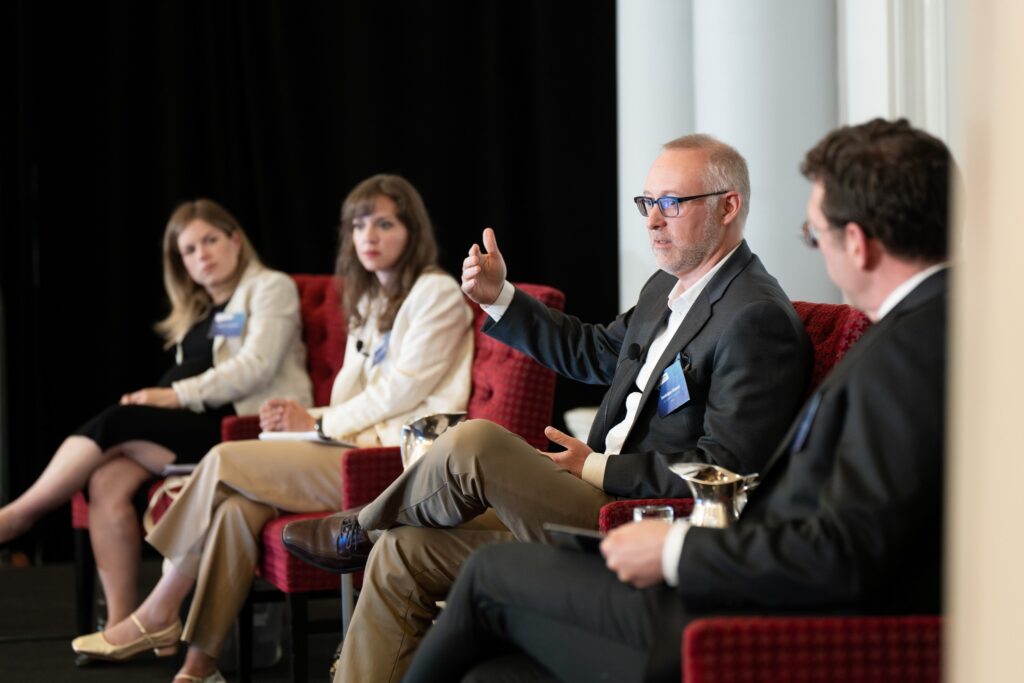Recent Research Projects
- Social Sciences and Humanities Research Council, Insight Grant, 2023-2029. Titled: Mobilizing Dissent: Women’s Movements in British Columbia
- Social Sciences and Humanities Research Council, Partnership Engage Grant (Co-Applicant), 2024-2025, LGBTQ2A+ Newcomers and Employment in Canada
- Mitacs Accelerate Grant (Co-Applicant), 2023-24 (2023): Supporting LGBTQ2A+ Newcomers for Employment in Canada
- Social Sciences and Humanities Research Council, Partnership Engage Grant, 2023-24: The 75th Anniversary of the Universal Declaration of Human Rights
- Social Sciences and Humanities Research Council, Insight Development Grant, 2020-24: Immigrant and Refugee Settlement in Canada: Trends in Government Funding
- Killam Small Operating Grant, 2019-20: Comparative Human Rights Law: Canada and Ireland
- Child and Youth Refugee Research Coalition, 2018-2019: Immigrant and Refugee Settlement Programs in Alberta: Trends in Federal and Provincial Funding
- Social Sciences and Humanities Research Council, Partner Engage Grant, 2017-2018: Exploring New Technologies for Research: The State and Social Movements in Canada
- Child and Youth Refugee Research Coalition, 2017-2018: Provincial and Federal Refugee Settlement Funding Programs
- Kule Institute for Advanced Studies CRAfT Grant, 2017-2018: Digital Research Archive
- Social Sciences and Humanities Research Council, Insight Grant, 2014-20: State Funding for Social Movements in Canada
- Killam Cornerstone Grant, 2012-13: A History of Human Rights in Canada
- Social Sciences and Humanities Research Council, Standard Research Grant, 2010-13: The Rise and Fall of British Columbia’s Human Rights State, 1953 to 1984
- Canadian Human Rights Commission, 2011-12: The Evolution of Canadians’ Conceptions of Human Rights in the Twentieth Century
- Social Sciences and Humanities Research Council, Aid to Research Workshops and Conferences in Canada, 2008: The Sixties in Canada
- Co-Investigator, SSHRC Partnerships Grant, 2016-2021 ($2,500,000):Using research to inform best practices for language, literacy, learning, social integration, and child and family wellbeing
- Collaborator, SSHRC Partnerships Grant, 2015-2022 ($2,500,000): Canadian Network for Research on Terrorism, Security and Society

